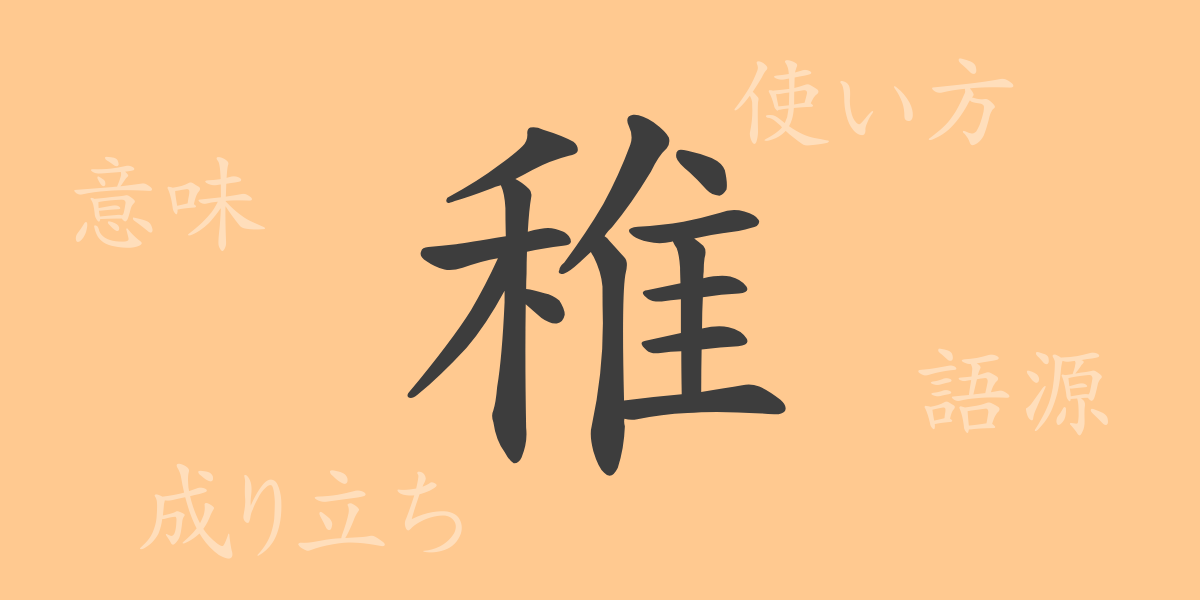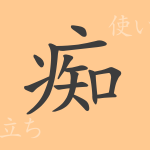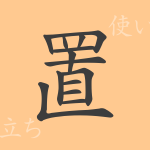The richness of the Japanese language is also reflected in its characters. One of the common kanji, “稚(ち),” carries a profound meaning and history despite its simple appearance. In this article, we will explore the origins, meanings, and usages of the kanji “稚(ち),” as well as delve into the idioms and proverbs associated with it. Let’s uncover the charm of Japanese culture and language encapsulated in a single character.
Origins of “稚(ち)”
The origin of “稚(ち)” can be traced back to ancient China. Initially written as “稚气,” it depicted young plants. Over time, this meaning evolved to denote youth and immaturity. In Japan, this kanji has been used since ancient times and appears in classical literature, establishing itself as a word closely tied to Japanese life.
Meanings and Usages of “稚(ち)”
The primary meanings of “稚(ち)” are “young” and “immature.” It is especially used to describe the youthfulness of children or the early stages of something. It is often used as an adjective or noun, such as in the word “稚拙(ちせつ),” which expresses the immaturity of skills or works.
Readings, Stroke Count, and Radical of “稚(ち)”
“稚(ち)” is one of the kanji in Japanese with multiple readings.
- Readings: The on’yomi (音読み) is “チ(ち),” and the kun’yomi (訓読み) readings are “いとけない” and “おさない.”
- Stroke count: “稚(ち)” has 13 strokes.
- Radical: The radical of “稚(ち)” is “禾(のぎへん).”
Idioms, Proverbs, and Expressions Using “稚(ち)”
Idioms and expressions that include “稚(ち)” showcase the richness of Japanese expressions based on its meaning and usage.
- 稚魚(ちぎょ): Refers to young fish, indicating fish that are in their growth stages.
- 稚内(わっかない): A place name in Hokkaido, derived from the Ainu language.
- 稚気(ちき)を含む: Describes a state that still contains youthfulness or childishness.
- 稚児(ちご): A Buddhist term referring to children undergoing training in temples.
- 稚拙(ちせつ): Refers to something being immature or unskilled, such as in art or technique.
Summary of “稚(ち)”
The kanji “稚(ち)” encompasses complex concepts of youth and immaturity despite its simple form. Its use in Japanese symbolizes the innocence and growth process of children, and also expresses the immaturity of skills or works. Seen in place names and Buddhist terms, “稚(ち)” is a kanji that reflects the depth of Japanese language and culture.

























